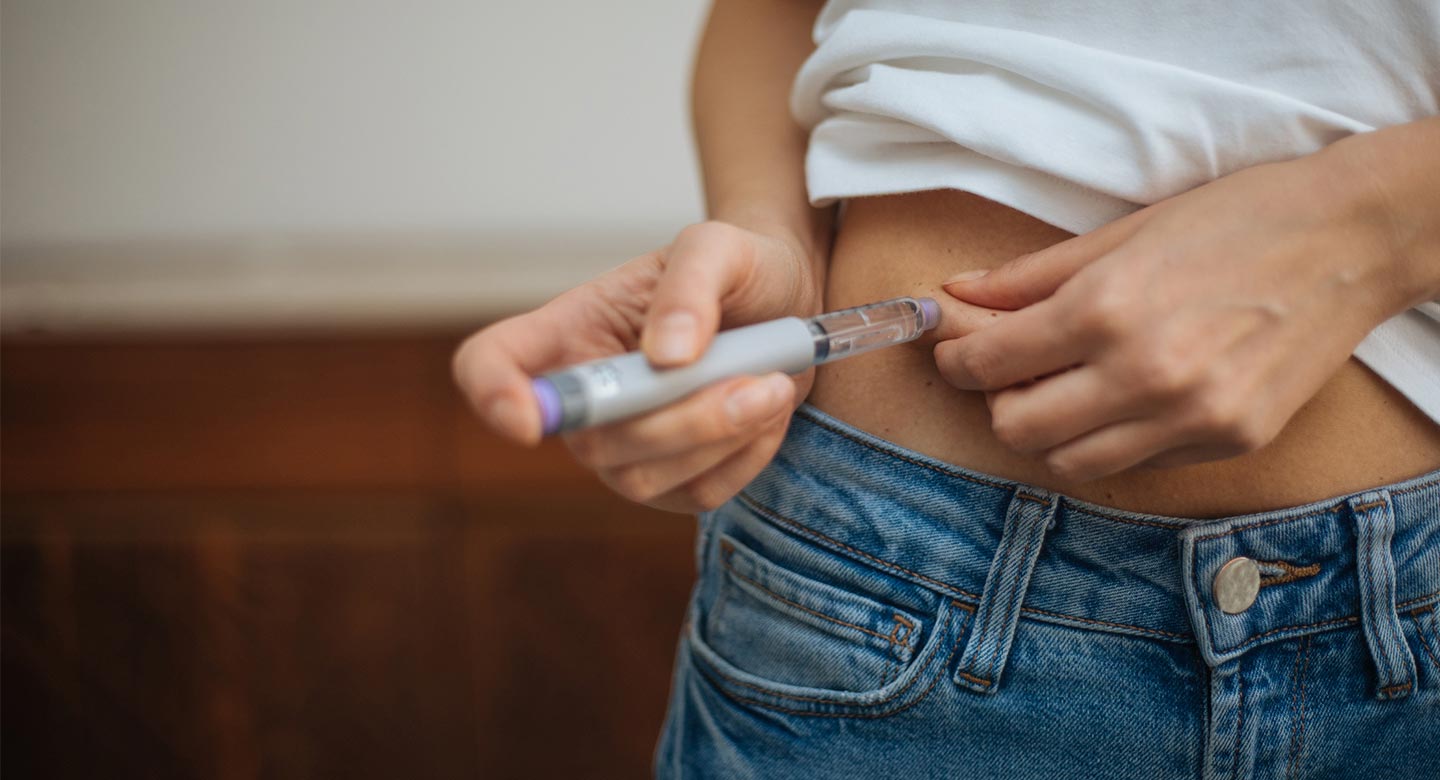
We were talking about fatigue. How hard it was to keep dieting. My friend mentioned a pill. Not like the old ones from the 90s. Something newer. She said her doctor prescribed it. I blinked. I hadn’t considered medication. I thought weight loss was discipline. But she described appetite loss, less fixation on food, more energy. It didn’t sound like cheating. It sounded like relief. That moment stayed with me.
The first thing they told me was that it doesn’t work alone
The doctor didn’t promise magic. They said this wasn’t a standalone fix. It was a tool. Something to support effort—not replace it. I still had to eat differently. Still needed to move. But the medication made those things easier. It lowered the volume of constant cravings. Gave me space between thoughts of food. That space helped me think clearly. And make better decisions.
I started with something called orlistat, and I wasn’t prepared for the side effects
Orlistat blocks fat absorption. That sounded helpful. Less fat stored, more weight lost. But the catch? That fat has to leave your body. Quickly. And often unexpectedly. I learned the hard way. One greasy meal led to hours in the bathroom. I felt embarrassed. It did work. But it came with discomfort. Over time, I adjusted. Ate less fat. Managed better. Still, I understood why people quit early.
Then I heard about phentermine, and it felt like someone had flipped a switch in my brain
I wasn’t hungry. Not in the same way. My mind felt quieter around food. I ate less without trying. But I also couldn’t sleep. My heart raced sometimes. It gave me focus—but also restlessness. I understood why it’s not for long-term use. My doctor warned me. It’s a stimulant. A short-term reset, not a forever fix. I used it for a month. Then stopped. But I remembered how silence felt.
I kept hearing about GLP-1 medications, so I finally asked what they were
The name didn’t mean much to me at first. GLP-1. Just another acronym. But then I read more. These drugs mimic a hormone that affects hunger, insulin, and digestion. They slow down how fast food leaves your stomach. They help you feel full longer. I heard names like semaglutide and liraglutide. Weekly shots. Gradual results. Not overnight. But something real. My doctor explained the science simply. It clicked.
I didn’t expect the injection to become such a normal part of my week
At first, the idea of self-injecting felt strange. I hesitated. Then I did it once. It wasn’t bad. Tiny needle. Quick. Then done. No pain. I stored it in the fridge. Set reminders. Eventually, it became routine. Just part of Wednesday. Like watering plants. I didn’t think about it much. But I noticed my grocery list shrinking. My meals were smaller. And I felt okay with that.
I wasn’t losing weight fast, but I was losing differently
Before, it felt like a fight. Constant willpower. Always saying no. Now, it felt quieter. The scale moved slowly. But consistently. And my mood stayed steady. I didn’t crash from hunger. I wasn’t obsessing over every bite. I wasn’t perfect—but I wasn’t spiraling. That was new. I wasn’t white-knuckling through every craving. I could breathe between meals. That mattered more than speed.
My insurance didn’t cover it, and that was a shock
I picked up the prescription. The price made me stare. Hundreds of dollars. I asked why. “Not covered,” they said. It wasn’t considered essential. My BMI wasn’t high enough. I stood there, confused. So this worked, but only for some people? Or only those who could afford it? That part made me angry. Not at the drug. At the system around it.
I had to learn what “tolerable side effects” meant
The nausea hit hard the first week. Then subsided. Then returned after a dose increase. I learned to eat slowly. Avoid greasy meals. Focus on protein. Small portions. Chew more. I stayed close to home some days. But the symptoms faded. They weren’t dangerous—just unpleasant. Still, I understood why some people quit early. You have to wait out the discomfort. Not everyone can.
The weight loss wasn’t the most surprising part
People talked about pounds lost. I talked about freedom gained. Food stopped being the center. I had space in my brain for other things. Reading. Conversations. Sleep. My day wasn’t built around planning meals. Or regretting them. That shift mattered more than numbers. It felt like reclaiming something. Not just health. Time. Focus. Calm.
I didn’t realize how personalized this process needed to be
There’s no “best” drug. No guaranteed reaction. What worked for one person didn’t work for another. One made me jittery. Another made my friend sleepy. Another didn’t work at all. Dosage mattered. Timing mattered. You can’t guess your way through it. You need a doctor who listens. Who adjusts. Who doesn’t assume. This isn’t a formula. It’s a conversation.
I still needed therapy, because food was never just about hunger
Even with medication, I ate when bored. When sad. When stressed. That didn’t disappear. The meds helped mute the noise—but not the patterns. I started therapy alongside. Talked through habits. History. Triggers. Medication handled biology. Therapy handled everything else. They worked together. Not one without the other. That combination felt sustainable. Not perfect. But grounded.
Source: Best Obesity Treatment in Dubai / Best Obesity Treatment in Abu Dhabi
